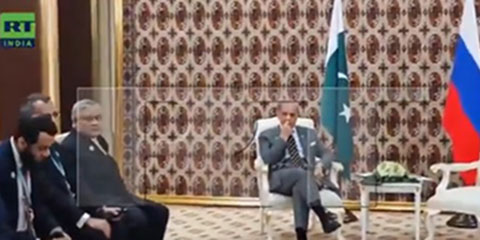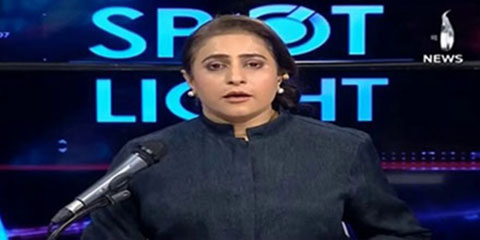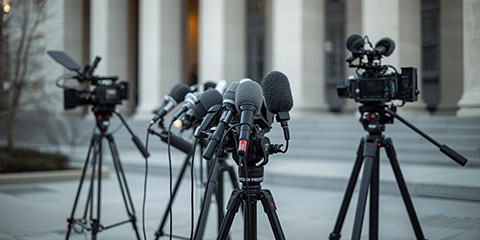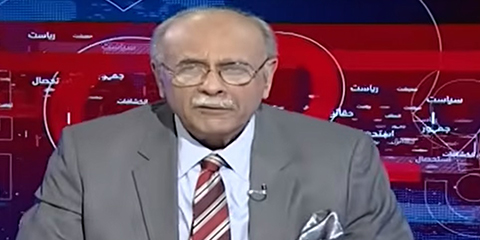Exposed: Why Pakistan's most-followed journalist Imran Riaz Khan vanished overnight!
JournalismPakistan.com | Published last year | JP Special Report
Join our WhatsApp channel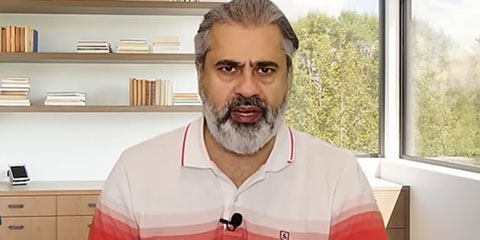
ISLAMABAD—In a disturbing development that underscores the growing crisis in Pakistani journalism, prominent digital media voice Imran Riaz Khan has reportedly fled the country amid serious threats to his life, joining an expanding list of exiled Pakistani journalists seeking safety abroad.
Khan, whose YouTube channel commands over 6 million subscribers, making him one of Pakistan's most influential digital journalists, has become the latest casualty in what appears to be a systematic campaign against independent media voices. Reports about his current location vary dramatically—some place him in Muscat, others in Afghanistan, while some sources suggest he remains hidden within Pakistan's borders.
The journalist's journey from a prominent media figure to forced exile traces a haunting pattern familiar to Pakistani journalism. In May 2023, Khan was arrested at Sialkot Airport while attempting to leave the country. What followed was a chilling sequence of events that has become distressingly common in Pakistan's media landscape—disappearance by "unknown individuals," torture in custody, and return home with visible signs of physical trauma, including impaired speech.
Khan's case bears striking similarities to other prominent journalists forced to flee. Moeed Pirzada, Sabir Shakir, and Wajahat S. Khan all chose exile over silence. Most tragically, this list includes Arshad Sharif, whose brutal murder in Kenya serves as a stark reminder of the deadly consequences facing Pakistani journalists who refuse to compromise their principles.
Despite the risks, Khan continues to produce content from his undisclosed location, reaching millions through social media platforms. In a recent vlog, while acknowledging the serious threats to his life, he assured his followers of his safety, attributing it to divine protection.
The persecution of Khan and others appears linked to their critical coverage of powerful institutions and support for opposition figures. Multiple cases were registered against Khan, primarily for questioning government policies and establishment decisions—a trend that media watchdogs say represents a broader campaign to silence independent voices.
International press freedom organizations have repeatedly expressed concern about Pakistan's deteriorating media environment. The country's ranking in global press freedom indices continues to plummet, with forced exile becoming an increasingly common fate for journalists who maintain editorial independence.
The digital space, once seen as a refuge for independent journalism in Pakistan, is now witnessing similar patterns of intimidation and control. Khan's case is particularly significant as it demonstrates how even digital platforms, despite their global reach and apparent independence, are not immune to traditional methods of media suppression.
As Khan continues his work from exile, his situation raises crucial questions about the future of journalism in Pakistan. With each prominent voice forced into silence or exile, the space for independent media narrows further, leaving citizens increasingly dependent on state-approved narratives.
The unresolved murder of Arshad Sharif looms large over Khan's exile, serving as a grim reminder of the stakes involved. As his family continues to seek justice, their struggle symbolizes the broader fight for press freedom in a country where telling the truth has become an increasingly dangerous profession.
Khan's story is not just about one journalist's fight for survival—it represents the broader crisis in Pakistani journalism, where exile has become the price of maintaining editorial independence. As he continues to reach millions from hiding, his persistence serves as both an inspiration and a damning indictment of the state of press freedom in Pakistan.




